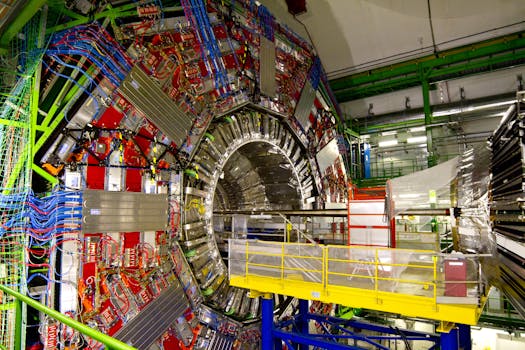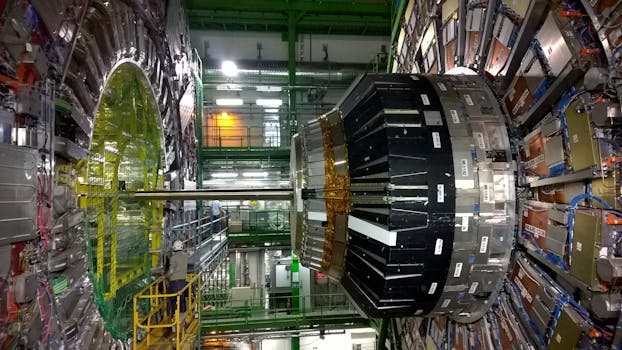
Understanding Quantum Mechanics

Quantum mechanics is a fundamental theory in physics that describes the physical properties of nature at the scale of atoms and subatomic particles. At its core, quantum mechanics challenges our traditional notions of reality, offering a complex framework that seems to contradict common sense.
The Basics of Quantum Mechanics

At the heart of quantum mechanics are several key principles, including wave-particle duality, superposition, and entanglement. Wave-particle duality refers to the phenomenon where particles, like electrons and photons, exhibit properties of both waves and particles. This duality is famously illustrated by the double-slit experiment, which shows that particles can behave like waves, creating interference patterns when not observed.
Superposition is another critical concept in quantum mechanics, where a particle can exist in multiple states at once until it is measured. This principle leads to the idea that reality is not determined until an observation is made, raising profound questions about the nature of existence.
Entanglement and Nonlocality

Entanglement occurs when particles become interconnected in such a way that the state of one particle is dependent on the state of another, regardless of the distance between them. This phenomenon defies classical physics and suggests that information can be transmitted instantaneously, a concept that Einstein famously referred to as ‘spooky action at a distance.’
Nonlocality challenges the traditional idea of separateness in space and time, indicating that particles can affect each other instantly across vast distances. This aspect of quantum mechanics has led to discussions about the interconnectedness of all things and the potential for a more holistic understanding of reality.
Implications for Reality

The implications of quantum mechanics extend beyond the realm of physics and into philosophy, consciousness, and our understanding of reality. One significant implication is the observer effect, where the act of observation alters the state of a quantum system. This raises questions about the role of consciousness in the fabric of reality and whether reality exists independently of observation.
Furthermore, quantum mechanics challenges the deterministic view of the universe, suggesting that uncertainty plays a fundamental role in the behavior of particles. This uncertainty can lead to a more fluid understanding of reality, where outcomes are not predetermined but rather probabilistic.
Conclusion

In conclusion, understanding quantum mechanics is essential for grasping the complex nature of reality. Its principles, including wave-particle duality, superposition, and entanglement, not only redefine our understanding of the physical world but also provoke deep philosophical questions about existence and consciousness. As we continue to explore the quantum realm, we may uncover even more profound insights into the nature of reality itself.




